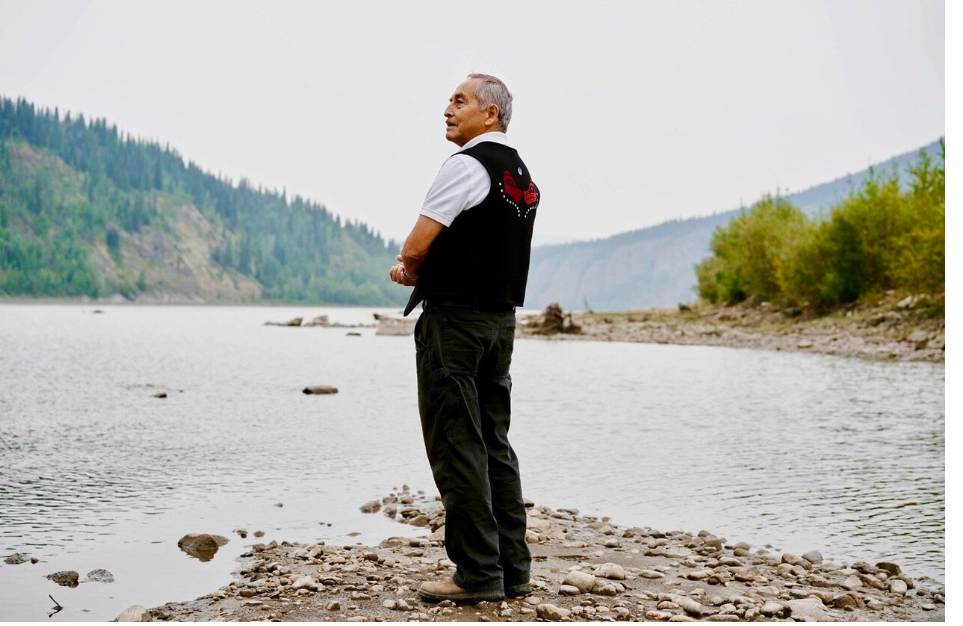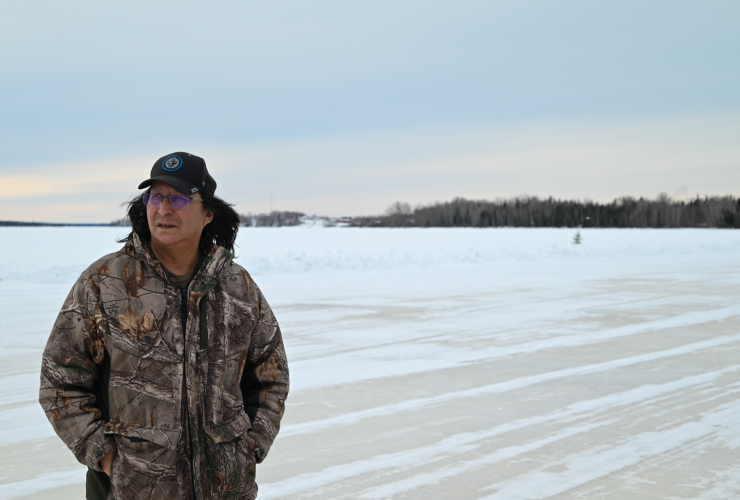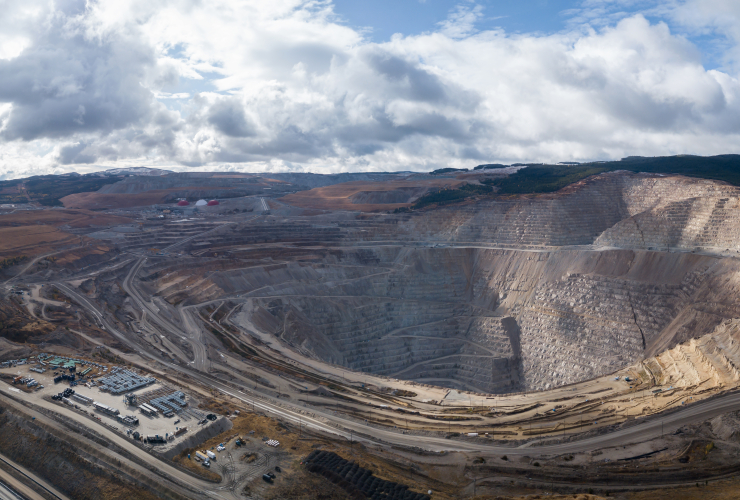While leaders return to their countries from COP28, the rights of Indigenous communities, including mine, are still at risk as the world makes the necessary transition to clean energy.
As an Elder of the Tahltan Nation, I’ve seen a massive influx of mining projects, proposed and already started, on our ancestral lands because of our rich copper, gold, silver, nickel, and zinc deposits. These minerals are key to producing electric vehicle batteries and forms of renewable energy. When Indigenous communities are left out of the decision-making process of these mining projects, our safety and livelihood are put in danger.
While it’s important for us to move away from dirty fossil fuels to curb the impacts of the climate crisis, it’s even more important to ensure this transition doesn’t make the same mistakes and perpetuate the same harms as extractive industries, like oil, gas, and mining companies, during this pivotal moment. Investing in technology to reduce the demand for minerals needed in this clean energy transition is critical, but mines still need to be built to meet the moment.
Indigenous communities must be meaningfully engaged in the mining process from day one. That might even mean saying no to mining if the impact on our land, people, environment, or subsistence lifestyles is too great.
During COP28, 100 Indigenous organizations, leaders, and allies – including myself – sent an open letter to delegates, calling for governments and corporations to respect, protect, and fulfill Indigenous Peoples’ rights, specifically the right to free, prior and informed consent (FPIC), as the minimum standards enumerated in the United Nations Declaration on the Rights of Indigenous Peoples (UNDRIP) and the ILO Convention 169, when deliberating mining projects on our ancestral lands.
By abiding by FPIC, mining companies are compelled to work with First Nations to re-establish their sovereignty and build the capacity to share the decision-making and management of resource development in their territories.
Right now, multiple projects are being considered in British Columbia. Galore Creek Mining Corporation has plans to build one of the largest copper mines in the world, expected to produce approximately 34 million metric tons of ore per year.
Seabridge Gold’s planned KSM project will be the world’s largest gold mine, along with other minerals like copper, tungsten, and silver. A key concern for these projects is the waste rock produced in the mining process, which could end up seeping or being dumped into our rivers that empty into the Pacific Ocean.
The salmon populations we depend on could be decimated if the highest safeguards to protect them are not in place — and their numbers are already dwindling.
Not only are there potential environmental impacts, but also social impacts. Our community doesn’t have any highways with passing lands, and new mines would bring hundreds of trucks onto our roads. Many in our communities don’t have dependable water and sewer infrastructure, which would be further burdened by an influx of mining in our area.
These are the kinds of issues we need to discuss before plans are even drawn out. When Indigenous Peoples have a seat at the table, projects can move forward faster, since our needs and concerns are addressed from the start.
It’s time to end the legacy of colonialism in Canada. To do so, First Nations must have a leadership role in mineral exploration and mining.
The Tahltan Nation, along with Indigenous Peoples around the world, will continue to fight for our rights — for our right to our land and our way of life to thrive for generations to come — until FPIC is respected. We will not waiver until Indigenous rights and titles to our land are recognized. A just transition to clean energy must respect Indigenous cultures, lands, & livelihoods.
Allen Edzerza is an elder of the Tahltan Nation. He has led mining reform discussions with the government of British Columbia on behalf of the First Nations Energy and Mining Council, and has served as an advisor on Aboriginal issues to the premier and cabinet of governments of British Columbia and the Yukon.






Comments